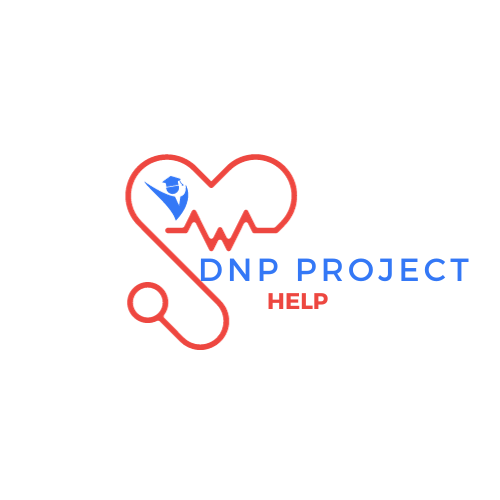
NURS 6806W Research for Evidence-Based Nursing Practice
This course teaches the basics of the research process, including how to develop theories, identify problems, analyze data, and apply findings. It helps graduate nursing students learn how to use research evidence in clinical practice. Students will learn the difference between quantitative and qualitative research, how to review existing research, and how to use basic statistics to evaluate population health, healthcare services, and health outcomes. The course focuses on building skills needed to apply research in evidence-based nursing practice.
Table of Contents
Course Objectives
By the end of this course, students will be able to:
- Explain how theory and research are connected – Understand how developing theories supports the research process.
- Compare research methods – Identify the differences between qualitative and quantitative research designs.
- Understand research data – Interpret basic statistics and research findings to assess healthcare services and health outcomes.
- Critically review research – Evaluate the quality of published research and understand how it supports evidence-based nursing practice.
Methods of Instruction
- Online and Recorded Lectures:
Some topics will have pre-recorded lectures available online. It is up to the instructor to decide whether or not to provide recorded content for each topic. - Live Seminars:
Live (synchronous) sessions will be held during the semester, including student presentations and group discussions to deepen understanding of the course material. - Discussion Boards:
Students will participate in discussion boards by posting assignments and responding to classmates. These discussions help students share feedback and better understand course topics. Please cite sources when sharing information. - Student Presentations:
Each student will briefly present a research concept during seminars to help peers understand key topics. Students may also share summaries from small group discussions. - Evidence-Based Practice Project:
Students will choose a clinical issue, create a clinical question, review literature, appraise four research articles, and summarize findings in a table and presentation. - Required Readings:
Students must complete assigned readings before seminars. Check Canvas regularly for updates. Access to textbooks and the TMC library is required for some readings. - Knowledge Checks:
Students must complete knowledge checks by the due date. Late submissions will not be accepted, and missed checks will receive a zero. No makeups are allowed. - Faculty Meetings:
Students are welcome to contact faculty anytime for support. If you have questions about course material or assignments, email the lead or assigned faculty to schedule a meeting. - Introduction to Nursing Research in an Evidence-Based Practice Environment
Explores the role of research in improving nursing practice through evidence-based decision-making. - Evidence-Based Nursing: Translating Research Evidence into Nursing Practice
Focuses on applying research findings to real-world nursing care to improve patient outcomes. - Theoretical Frameworks
Introduces theories that guide nursing research and help explain health-related phenomena. - Concepts and Steps in Qualitative and Quantitative Research
Covers key concepts and processes involved in both qualitative and quantitative research methods. - Specific Types of Quantitative and Qualitative Research
Examines different designs within each method, such as experimental studies or phenomenology. - Research Problems, Research Questions, and Hypotheses
Teaches how to develop clear research problems, questions, and testable hypotheses. - Literature Reviews: Finding and Critically Appraising Evidence
Guides students in locating, reviewing, and evaluating scholarly research articles. - Ethics in Nursing Research
Discusses ethical standards and considerations for conducting responsible research. - Rigor and Validity in Quantitative Research
Explains how to ensure research results are accurate, reliable, and applicable. - Sampling in Quantitative and Qualitative Research
Covers how to select appropriate participants for research studies. - Data Collection in Quantitative Research
Focuses on methods used to gather numerical data systematically. - Measurement and Data Quality
Highlights the importance of reliable and valid measurement tools in research. - Descriptive and Inferential Statistics
Introduces basic statistical techniques used to describe data and make conclusions. - Qualitative Data Analysis
Explores how to interpret non-numerical data to identify patterns and meanings. - Trustworthiness and Rigor in Qualitative Research
Covers how to ensure credibility and accuracy in qualitative studies. - Clinical Practice Guidelines
Teaches how to use research-based guidelines to inform and improve clinical practice.


